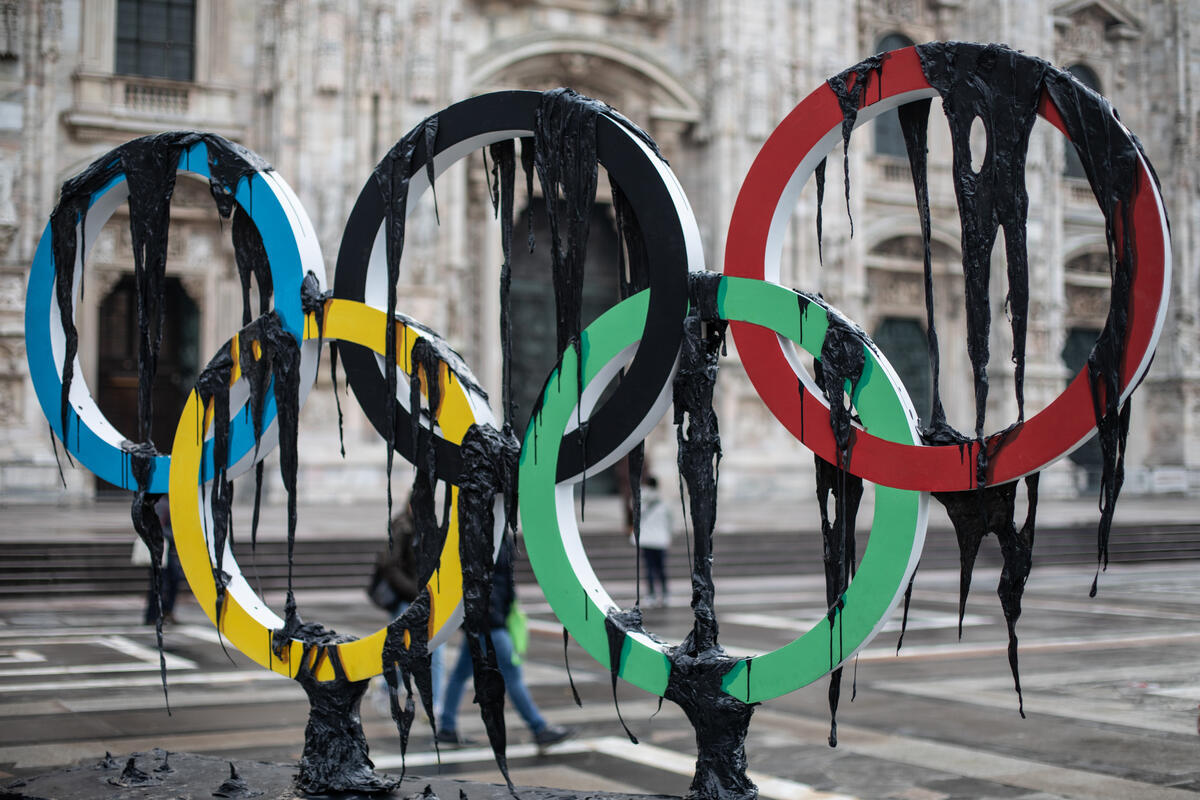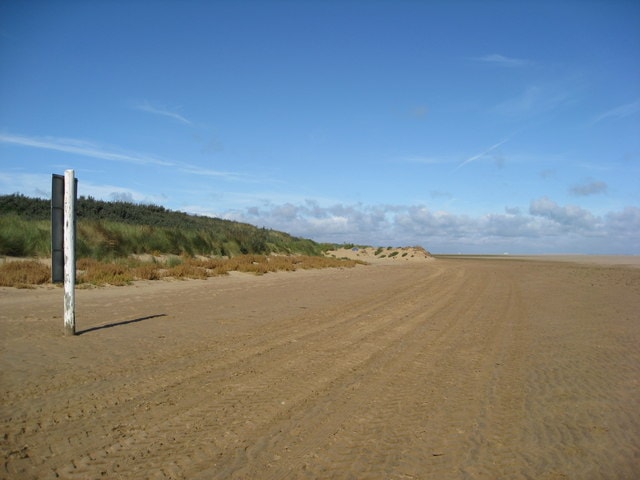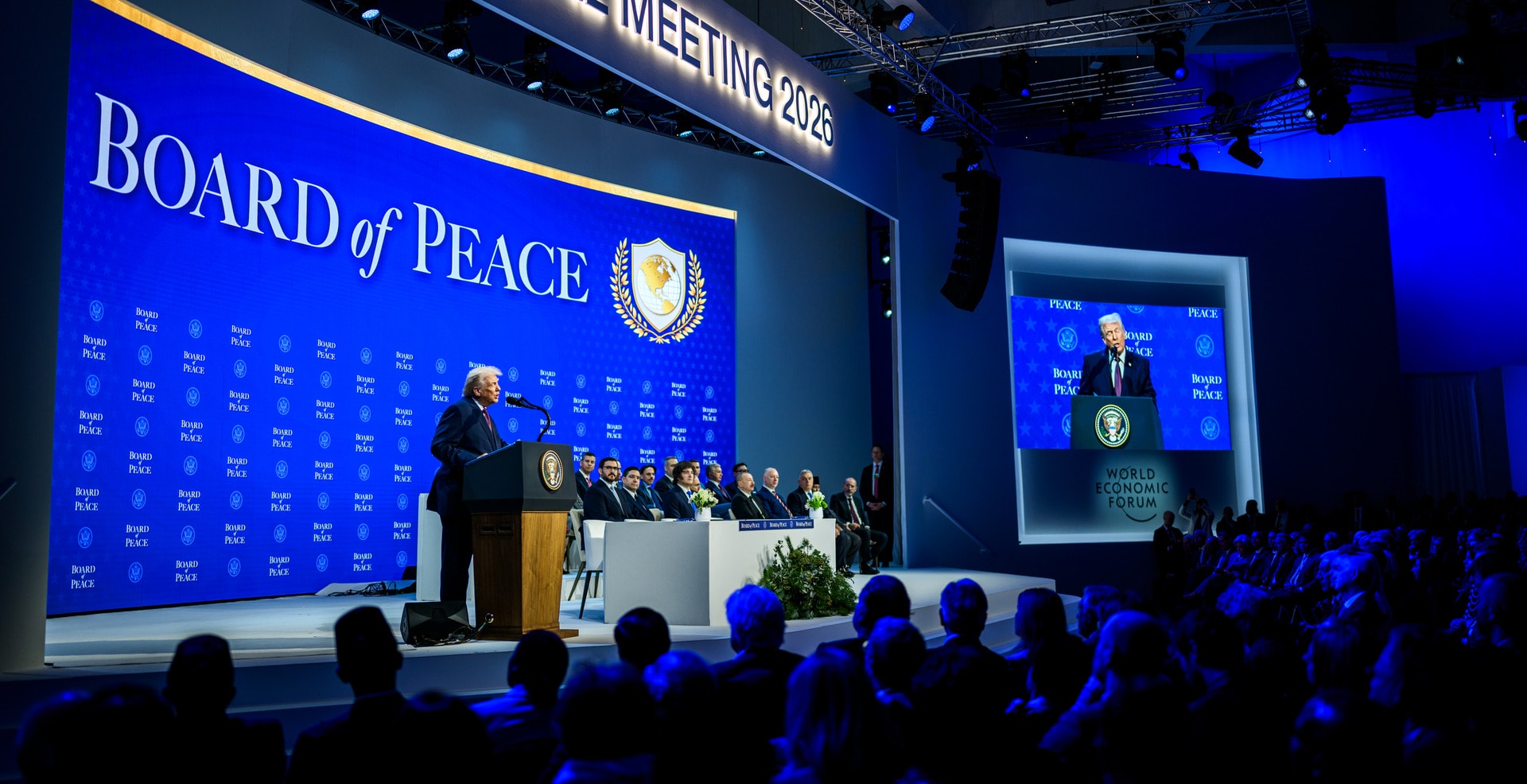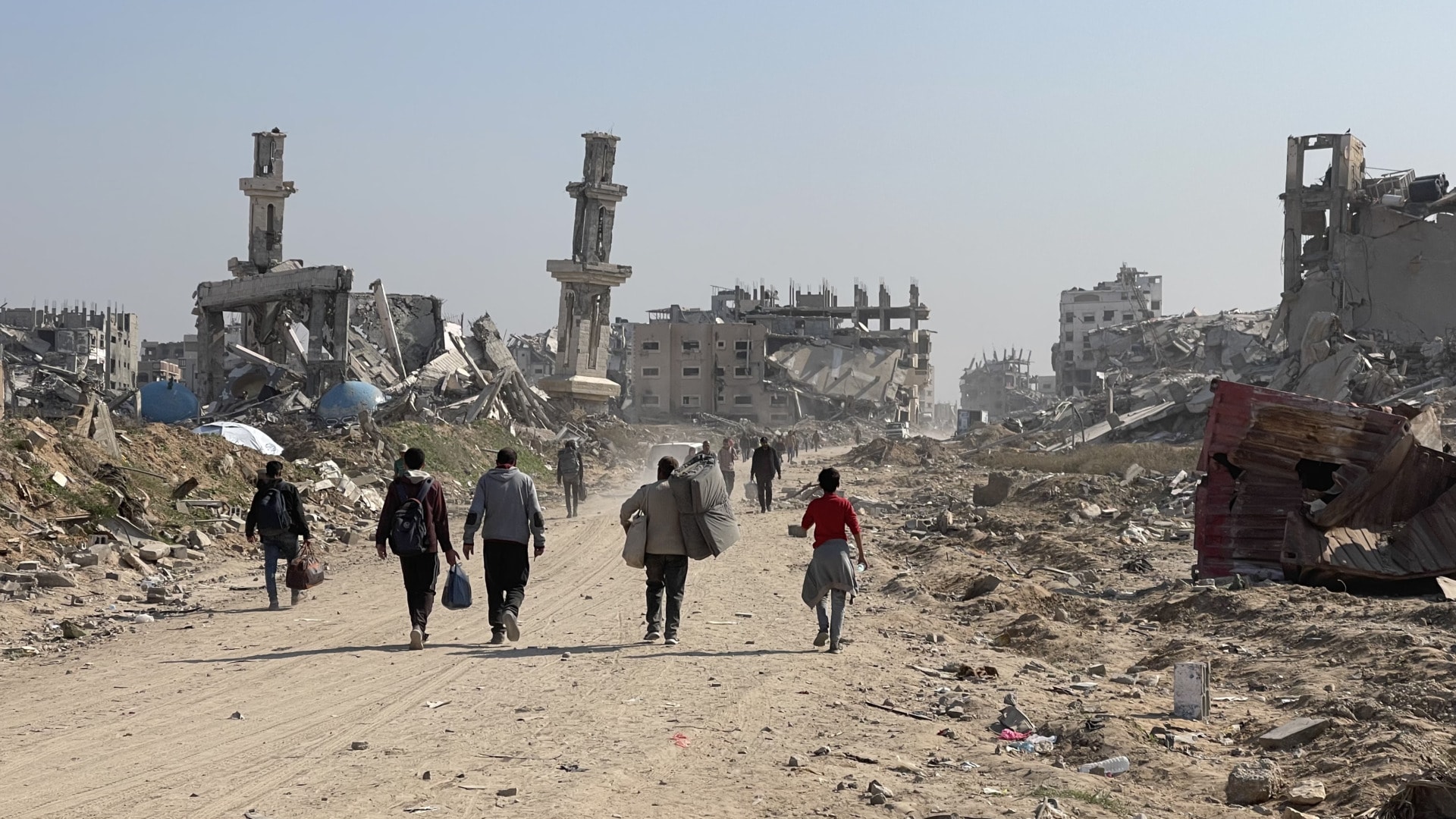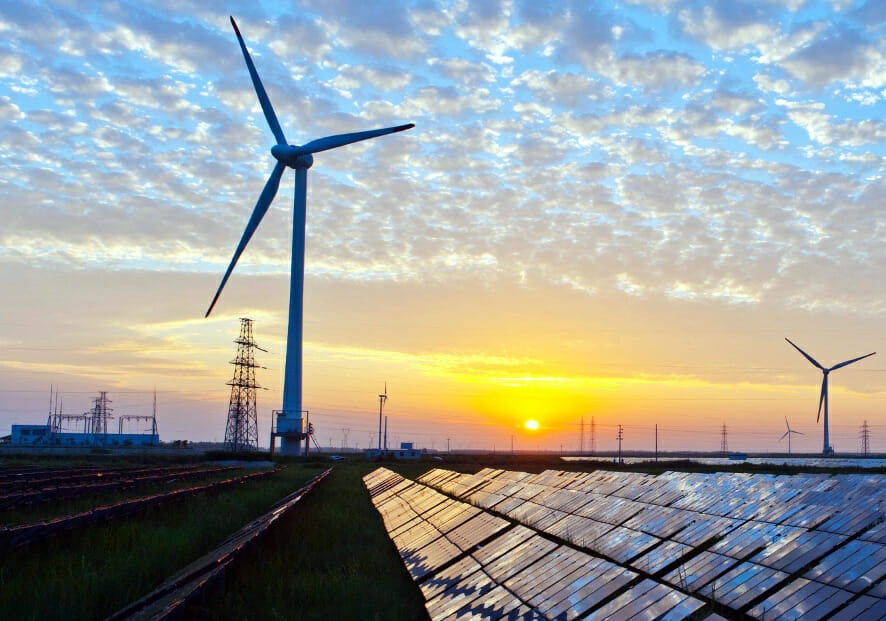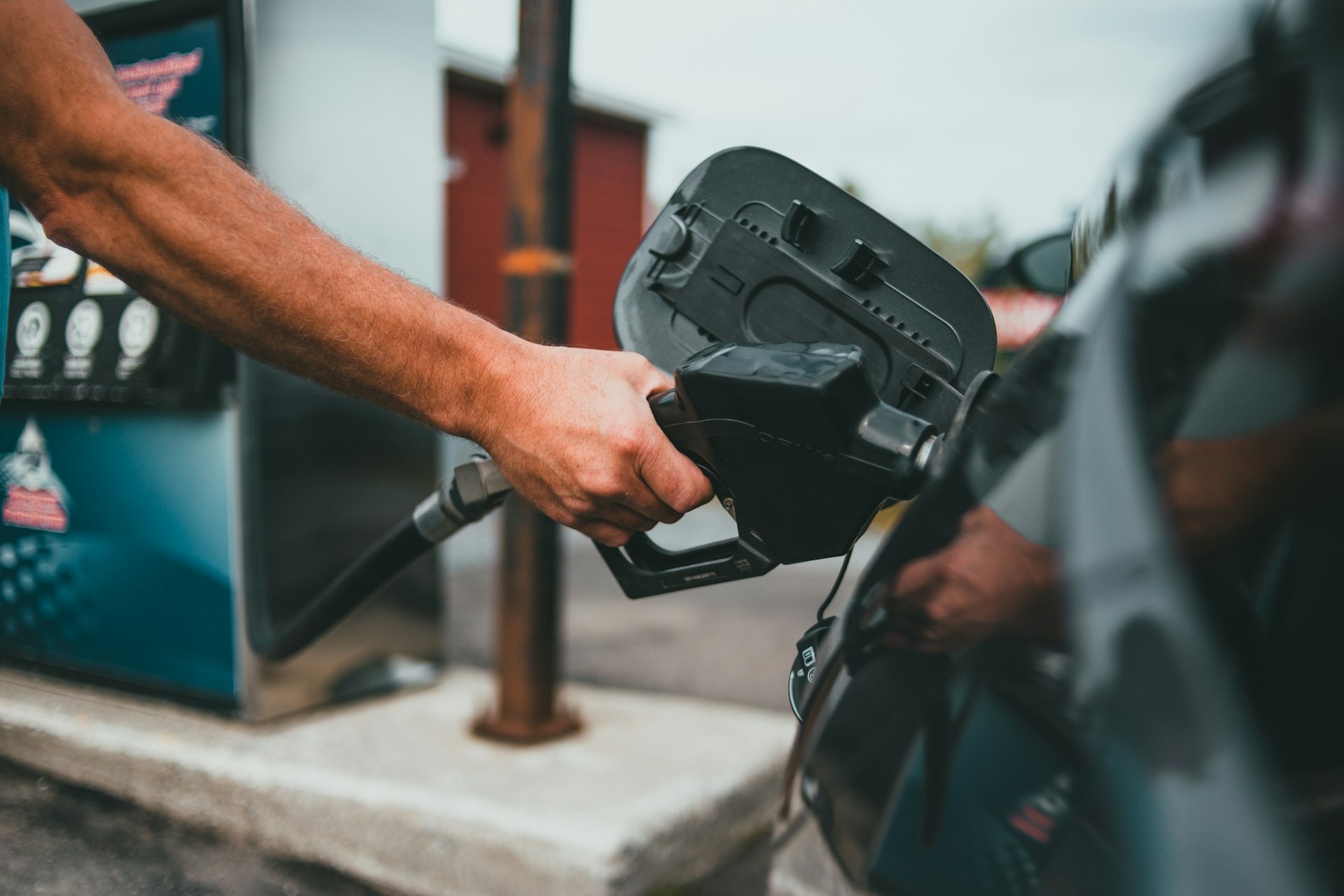The UN Human Rights Council has declared that access to a clean and healthy environment is a human right, in resolution 48/13. The declaration passed with 43 votes in favour and 4 abstentions, and received an outburst of applause after its passing.
The resolution was proposed by Costa Rica, the Maldives, Morocco, Slovenia and Switzerland. Russia, India, China and Japan abstained. The UK, while a critic of the resolution in the lead up to the vote, surprisingly voted in favour. Its ambassador stated that this was because while they supported the ambition to tackle climate change they were aware that this resolution was not legally binding.
UN High Commissioner for Human Rights, Michelle Bachelet, said that the resolution “clearly recognises environmental degradation and climate change as interconnected human rights crises.”
The Council discussed the resolution in the context of climate change, and the impact it will have on the environment and quality of life around the world. At the start of the Human Rights Council session, the High Commissioner noted the “triple planetary threat” of climate change, pollution and habitat loss. The passing of the resolution is especially important given the upcoming COP26 summit in just a few weeks.
🔴 BREAKING
UN Human Rights chief Michelle Bachelet hails landmark recognition by the UN Human Rights Council that having a healthy environment is a human right.
▶️https://t.co/Br5ryBXS5m pic.twitter.com/tnvQdZXdaj
— UN Human Rights Council (@UN_HRC) October 8, 2021
The issue will go to the UN general assembly in New York where it will be considered further.
What will this declaration mean?
This resolution is not legally binding, meaning that there will not be immediate consequences for breaching this resolution. However, lawyers involved with climate litigation believe that it will open the way for stronger cases related to the environment and the effect on quality of life.
Related Articles: Environmental Law Cases to Watch Out For in 2021| Pollution Is a Racial Justice Issue. Let’s Fight it that Way.| The Way Forward: Taxing Pollution, Not People
What’s more, if this resolution does bring about more action on pollution, it will potentially save countless lives. The World Health Organization (WHO) estimates that 24% of all global deaths, roughly 13.7 million deaths a year, are linked to the environment, due to risks such as air pollution and chemical exposure.
Bachelet also noted that this resolution came about due to the campaigning of a number of different organisations and activists since the 1990s.

Climate change and its impact on the environment, pollution and quality of life
Climate change naturally has a big impact on the environment, through its threats to biodiversity and habitat loss. This in turn destroys the ecosystems that humans and animals alike rely on to survive. The destruction of forests most notably reduces air quality by increasing CO2 and reducing O2.
Air pollution is gaining more official recognition as a crisis of its own. During the first WHO Global Conference on Air Pollution and Health in 2018, the Director General, Dr. Tedros Adhanom Ghebreyesus called air pollution a “silent public health emergency”. The IPCC special report on the impacts of 1.5 degrees of warming also expressed the importance of reducing the air pollutants methane and black carbon.
Potential outcomes of the resolution
This resolution is an important step to recognising the worsening impact of pollution as the climate crisis worsens. The role it could play in climate litigation is significant, particularly through the mechanism of peer group pressure. Countries seen to disregard the resolution can be “put to shame” and inspired to join in. This will happen more often if its citizens are aware of the issue and apply pressure on their government. And there’s not doubt that it will be an important tool for bringing about climate justice: pollution, especially air pollution, affects low and middle income countries most severely.
It has taken a long time for the UN to adopt the resolution. However, it is a good sign for climate activists that change will eventually come if they fight hard enough. Most importantly though, this is the first step towards real global action on pollution and environmental degradation.
Editor’s Note: The opinions expressed here by Impakter.com columnists are their own, not those of Impakter.com. — In the Featured Photo: A factory releases smoke next to a field of crops. Featured Photo Credit: Johannes Plenio.



